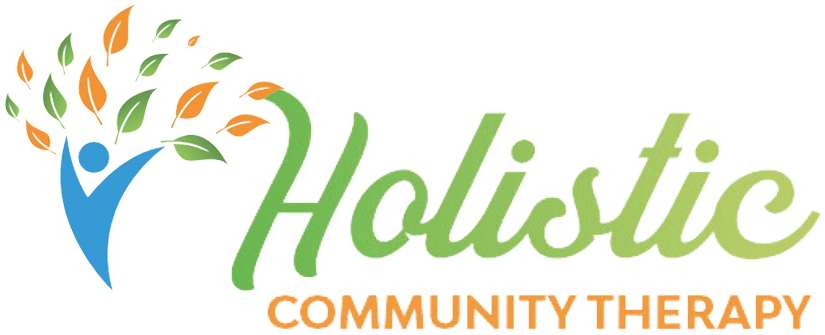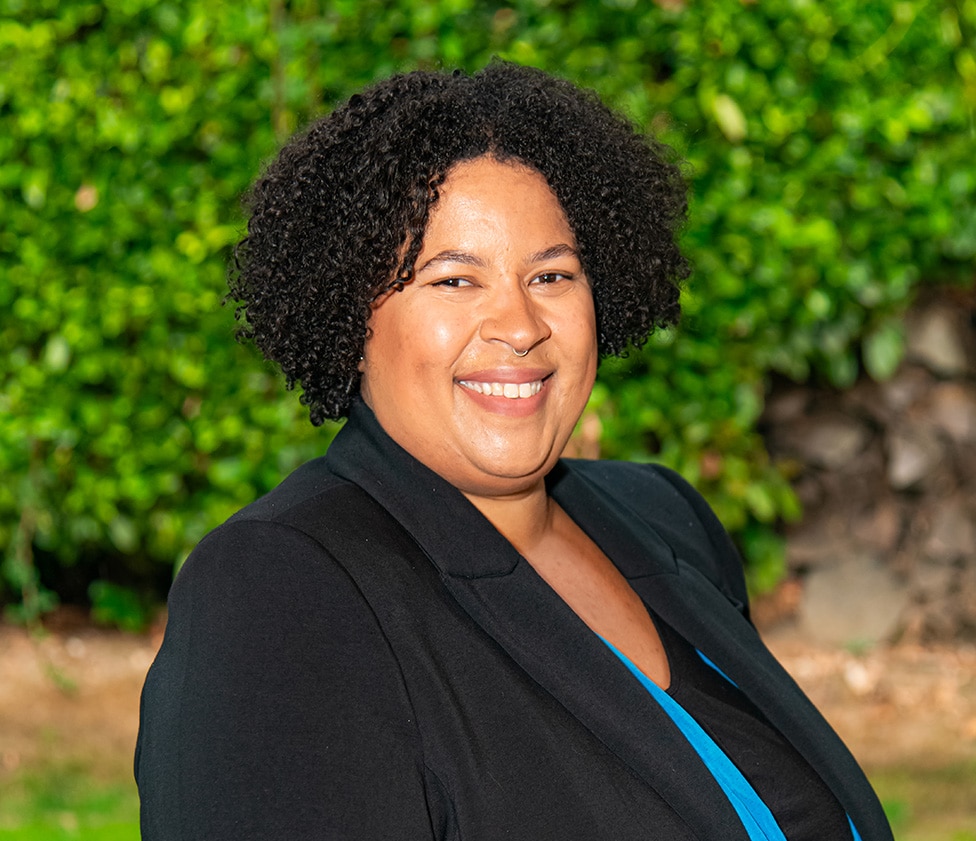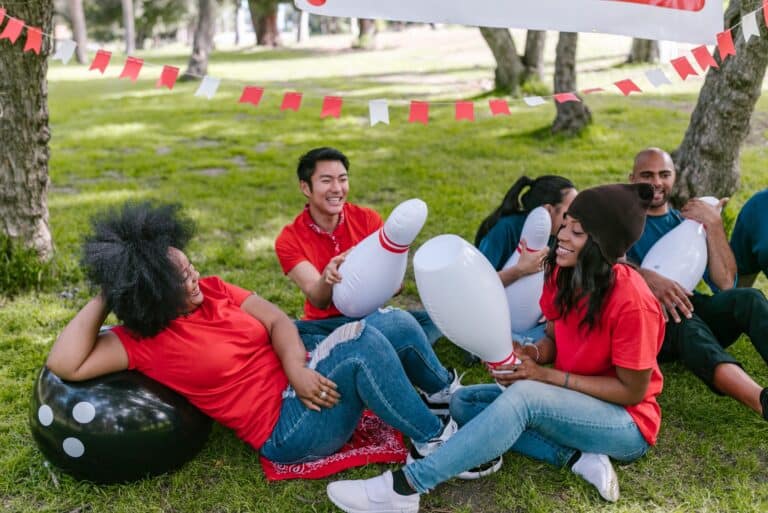
Mental health support looks different for everyone. And it should. While traditional talk therapy is effective for many, others need an approach rooted in everyday function, nervous system regulation, and practical life changes. That’s where mental health occupational therapy (OT) comes in.
If you’re an Oregonian navigating ADHD, trauma, or sensory processing challenges, you may be wondering: Is this the kind of therapy that can finally help me?
Let’s walk through what mental health OT looks like, who it’s for, and how it can support you in building a life that truly works for your needs.
What Is Mental Health Occupational Therapy?
Occupational therapy is often misunderstood as strictly physical rehabilitation. But it’s so much more than that. At its core, OT helps people build the skills they need to function in daily life.
When applied to mental health, OT focuses on:
- Establishing healthy routines
- Managing sensory input and emotional regulation
- Strengthening executive functioning (like planning and time management)
- Developing coping strategies rooted in doing, not just talking
It’s a whole-person approach that integrates mind, body, and environment.
Who Is It For?
Mental health OT is ideal for adults who:
- Struggle with executive dysfunction (often due to ADHD or trauma)
- Experience emotional dysregulation, sensory overwhelm, or burnout
- Feel like talk therapy alone isn’t helping them make functional changes
- Are navigating life transitions like job loss, caregiving, or chronic illness
Want to create structure, consistency, and wellness routines that stick
This kind of therapy is especially helpful if you’ve said things like:
- “I know what I’m supposed to do, but I just can’t get started.”
- “Everyday tasks feel overwhelming.”
- “I’ve tried therapy before, but I need more tools.”
What Does a Session Look Like?
Unlike traditional therapy, sessions aren’t just about talking. They’re about planning, practicing, and building real-world strategies.
A typical mental health OT session might include:
- Exploring your current daily challenges and stressors
- Identifying sensory needs (Do you get overstimulated? Do you need movement to focus?)
- Creating step-by-step plans for things like meal prep, sleep hygiene, or task initiation
- Practicing grounding or regulation techniques
- Learning systems that work with your brain, not against it
Whether you’re working virtually or in-person, sessions are designed to feel supportive, non-judgmental, and tailored to your unique goals.
Why It Works (Especially for ADHD, Trauma, and Sensory Needs)
For many people with ADHD, trauma histories, or sensory processing sensitivities, traditional mental health care can fall short. That’s because these conditions aren’t just emotional. They’re also functional.
Mental health OT bridges that gap. It helps you:
- Break free from all-or-nothing thinking
- Regulate your nervous system through movement and environment adjustments
- Rebuild trust in your body and capacity after trauma
- Develop realistic, compassionate routines (not perfectionist ones)
It’s care that recognizes you don’t just need insight; that you need tools, action, and support to implement them.
Accessing Mental Health OT in Oregon
In Oregon, occupational therapy can be tailored to different preferences and needs. We offer our patients this level of flexibility. We provide both in-person and virtual sessions. And just like many practices across the state, we offer private-pay services so you can enjoy customized care without the constraints of insurance.
So if you’ve felt like other therapies haven’t addressed how your mental health shows up in real life, OT might be the missing piece.
Ready to Try a Different Kind of Mental Health Support?
You don’t have to keep pushing throughout burnout, overwhelm, or isolation on your own. Our mental health occupational therapy practice offers a compassionate, action-based path forward. We honor your lived experience and use it to build up your strength.
Whether you’re in Portland or elsewhere in Oregon, we can offer you support that meets you where you are and helps you move forward.










